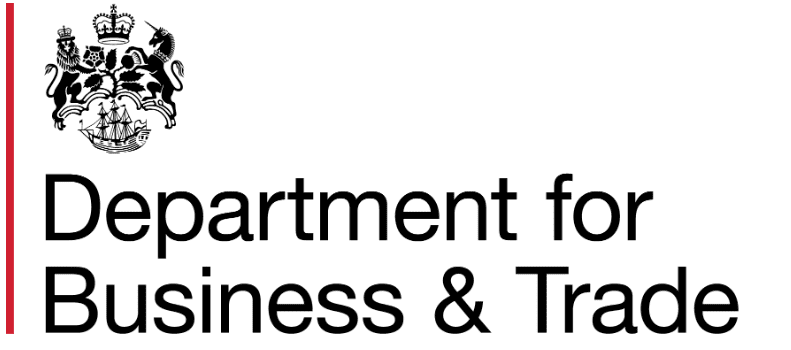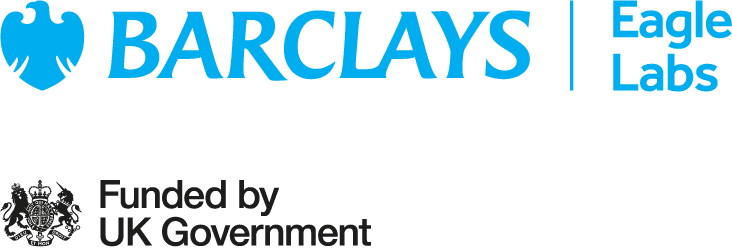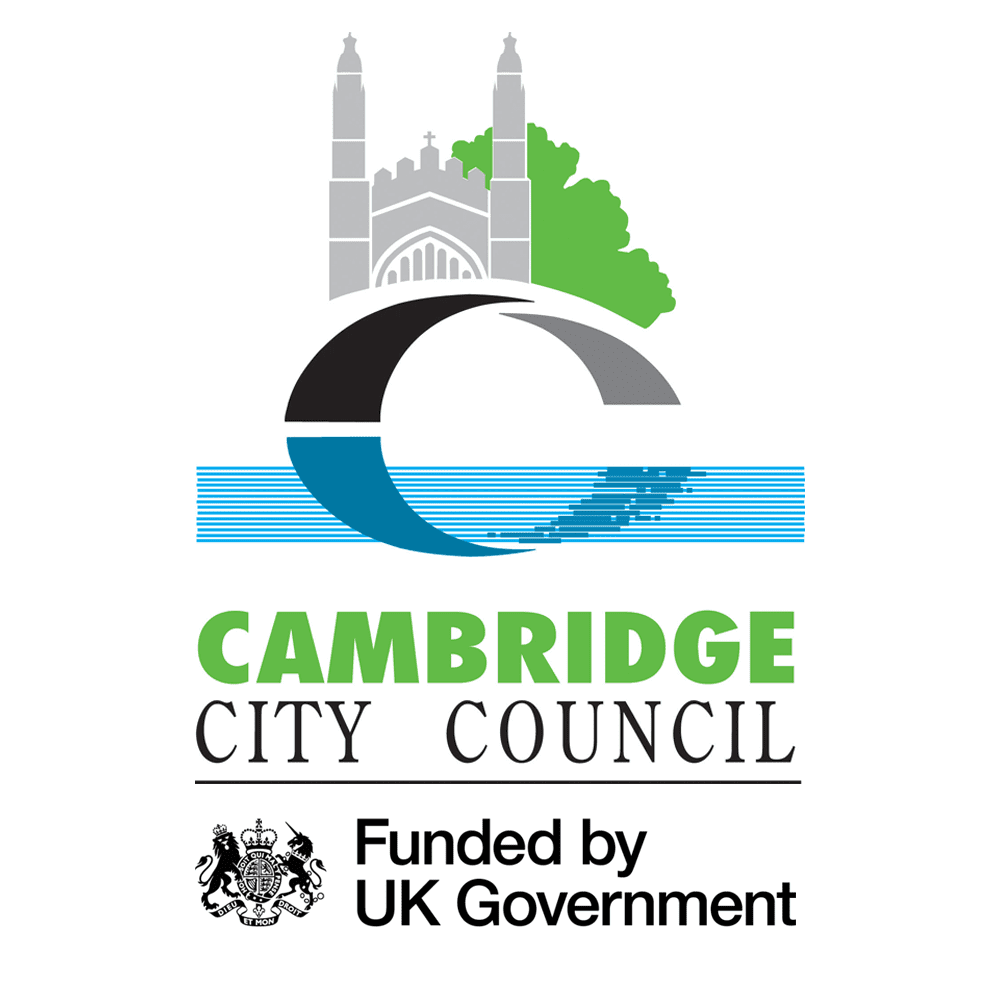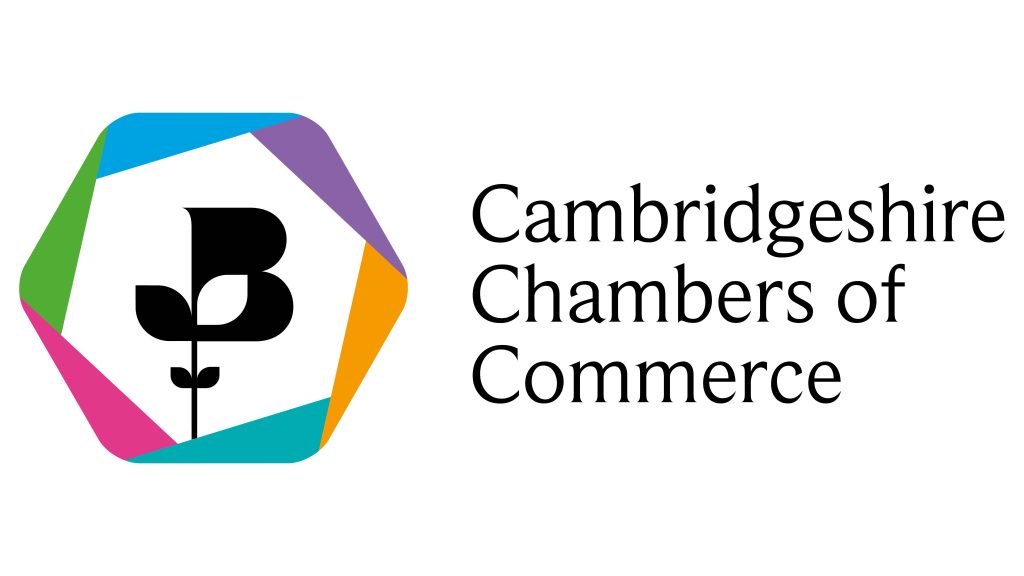MPA explain the world of Innovation Grants – are you eligible?
This blog has been written by our sponsor MPA who is hosting a Deep Dive for Scale-ups workshop on Thursday, 12th September on Maximising Grant Funding.
Brilliant idea, but stuck in grant application limbo? The world of innovation grants is full of promise, but wading through the complexities can leave even the most groundbreaking ideas floundering. Whether you are a start-up, an SME, or a growing enterprise, understanding how to access and utilise grant funding effectively can significantly impact your growth and innovation potential.
In this article, we will explore the various types of grants available, delve into the application process, clarify common myths and misconceptions, and provide additional resources to help you succeed. Let’s embark on this journey to unlock the opportunities that grants can offer to drive your business forward.
What are innovation grants?
Innovation grants fund technically risky activities that drive technological, societal, and economic advancements. Unlike loans or equity funding, grants do not require repayment and do not dilute ownership. Innovation grants are funds given by an entity, such as a local government or grant funding institution such as Innovate UK, and is awarded to aid a specific innovative project. There are a number of different types of grants available, from open competitions to local enterprise partnerships.
Types of Grants
Open Competitions
Competitions like Innovate UK are highly competitive and open to any innovation and industry. They are seen as a last resort due to lower winning chances and higher risks. Smart Grants focus on rapid commercialisation, requiring a strong value proposition, leading innovation, and the right team to overcome risks for launching products into the market.
Regional or Government
Competitions These types of grants are very specific in terms of their funding and objectives of what they aim to achieve. As they are very specific the chances of winning are higher.
Local Competitions
Local enterprise partnerships (LEPs) are tied to the local strategies and what your local council is trying to achieve. Examples are community projects and job creation.
European Competitions
These competitions include Horizon Europe and EIC. These competitions are large consortiums and have large budgets. Because of this, the application process is complex, and writing times are much longer
Eligible Innovation Projects and TRLs

There are different Technology Readiness Levels for innovation projects. These levels were developed by NASA to assess the maturity of their space technology innovation.
A Feasibility Study is testing ‘is this going to work’, and this could be the main focus of the project.
TRL 3-6 is the sweet spot for innovation grants. This is because you will have already shown that the basic research has been completed and that you are now looking to take your project to the prototype level and test it in an operational environment.
TRL 7-9 is at the top end of the scale. You’ve carried out technical tests on your product in the environment that it will be introduced in, and it is almost ready to go to market. This is where you would carry out experimental research.
Feasibility studies and industrial research are around 70% grant funded as they are at earlier stages in the project and more R&D/Innovation will be carried out. Experimental research is around 45% grant-funded due to the reduction in R&D/Innovation at that stage of the project.
How to find an innovation grant
There are a range of different innovation grants that are available for SMEs, whether they are open competitions or themed competitions. Innovation Funding Service
This is a government page that lists a range of open and themed innovation competitions.
Local Council websites
Looking on your local council website can give you access to local grants and funding. Innovate UK Knowledge Transfer Network
The KTN helps to categorise and navigate all of the grants under the United Kingdom Research and Innovation (UKRI) and Innovate UK. These also span across research councils.
Common misconceptions
1. Grants are a revenue – A grant is to help you succeed in your project, and that money is ring-fenced for a particular project. It is used to aid the project and innovation and is not a revenue income.
2. Grants can be taken back – Grants are not like a loan and are not paid upfront. You should have a project plan that shows when and how the money will be spent.
3. Grants can be used for anything – Everything in your project has to be justified as to why you are using it, and some areas have a threshold as to how much the grant can cover
4. Grants can pay for capital and rent – Because it is R&D, the funding needs to be shown to be going towards the team and upskilling to carry out the R&D, not on expensive machinery or equipment.
5. Grants can only be accessed when in financial difficulty – Innovation grants are there to help any business grow and stimulate innovation, not to be accessed at a point where a business is in financial difficulty
6. Grants aren’t available anymore – There are a large number of innovation grants available, different types and through various sources. There are a range of places you can go to find a grant.
7. You need a lobbyist to win a grant – Grant applications are assessed by 5 assessors for Innovate UK, so there is no need for a lobbyist for a political advantage or influence
The Goldilocks Effect
What does a good grant application look like?

The right project
Your project needs to contain the right level of innovation, such as a feasibility study or industrial research.
The right competition
You need to apply for the correct competition for the level or type of innovation that you are doing, as well as for what your company and the grant aims to achieve.
The right business
You have the right team working on the project and your business has the match funding available to support the project.
What is match funding? In order to receive particular business grants, you will need to put up some of your own funds. This may provide reassurance that you are serious about the project being invested in and are able to raise adequate funds to support it
About the author
Dr Chloe Sharp, Head of Grant Services at MPA Group
Chloe’s work in grants started in 2013, and her work in innovative product development followed soon after, in 2016. In the last decade, she has supported multiple start-ups, SMEs and scaleups in accessing over £10m in non-dilutive funding and understanding their market, users and customers.
Chloe takes an evidence-led, data-driven approach, summarised in her book ‘Make Products That Matter’ from working in product management and UX research within an AI start-up and providing research services.
About MPA Group
MPA Group comprises of MPA and EFM, and has been built to address key challenges faced by business owners as they scale and exit their business, with a team who have been there and done it, and who have advised hundreds of professionals on how to navigate this path. Through a combination of business advisory, outsourced functions, and financial services we have become trusted advisor to over 900 UK business owners. From exit planning, tax efficiency, dilutive and non-dilutive funding – we have options to suit every business, regardless of stage or size. Book a free 30-minute expert consultation to explore your funding needs and answer your questions here. – or join our Grant Readiness Workshop on Scale Up Day, Thursday 12th September
MPA is hosting a Deep Dive for Scale-ups workshop on Thursday, 12th September on Maximising Grant Funding.














































